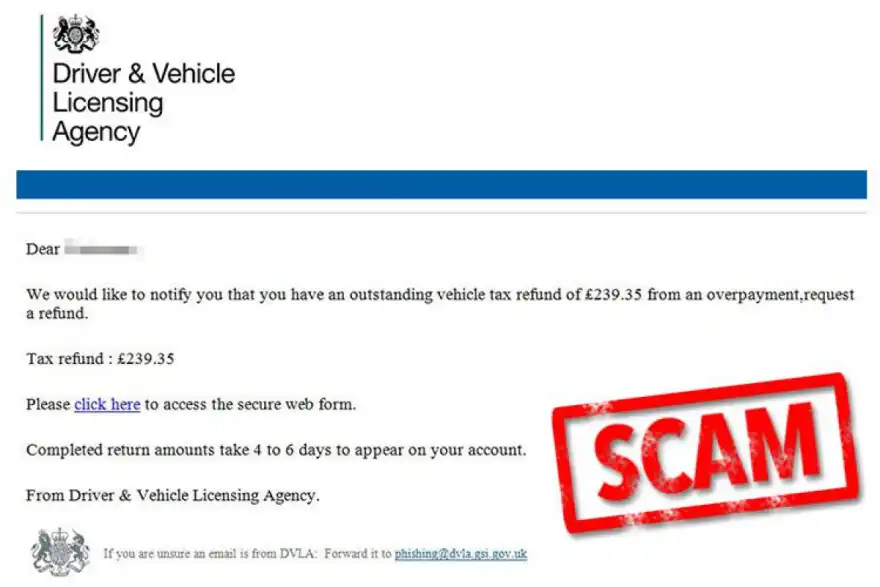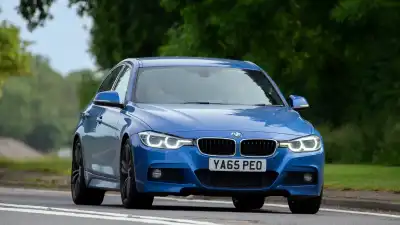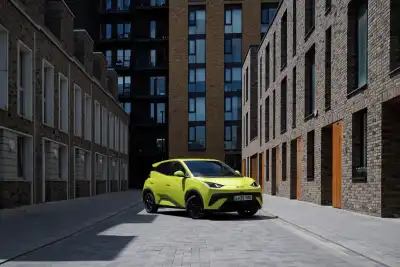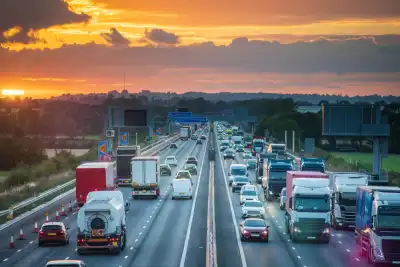
Warning! Motorists are being targetted by new, dangerous, scam messages sent by fraudsters in Great Britain, the Driver and Vehicle Licencing Agency has said. Drivers are being urged to watch for suspicious emails, text messages, and phone calls. But what constitutes a suspicious message and which traits should you look for?
A scam might claim you have not paid your car’s road tax, for example. It might alternatively say there is a problem with your driving licence. Either way, expect it to then instruct you to follow a link to a website to ‘correct the problem’. There is probably a threat, too. ‘Visit the website immediately or be fined.’
Typically, the purpose of a website is to steal your personal information. It might ask for your: name, address, date of birth, bank account details, credit card number, etc. The information might then be used for unscrupulous purposes. The fraudsters can make a copy of your credit card, for example. He/she might also apply for a large loan in your name. The possibilities are endless.
Example scams
The Driver and Vehicle Licencing Agency published a few scam messages as examples of what to look for (including the typos and gramatical errors, which we've highlighted in bold). Each scam contains a link to a website plus a threat. For instance:
- ‘DVLA have been notified electronically about you latest payment for your vehicle tax failed because there is not enough money on you debit card. We sent you a DVLA bill, and we still haven’t received payment. Acknowledge that it’s illegal to drive your vehicle until you’ve taxed it’.
- ‘DVLA routine check has found some irregularities in your current profile, which indicates that the information given is no longer accurate or up to date. You are required to update your profile to its latest form to avoid termination of your motoring licence.’
How to avoid scams
The DVLA’s Head of Fraud Policy Investigation, Phil Morgan, explained: ‘These more recent scams may at first seem legitimate. However, they are designed to trick motorists into providing personal details. We never ask for bank or credit card details by text or email. If you get something like this it is a scam’, he stressed. The DVLA had other advice to keep you safe. For instance:
- only contact the DVLA directly (via GOV.UK, for example)
- never share pictures of important documents online
- call Action Fraud if you have been scammed (0300 123 2040)
- send suspicious emails to the National Cyber Security Centre so it can investigate




